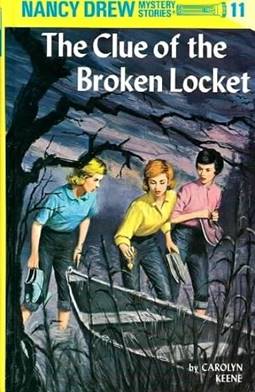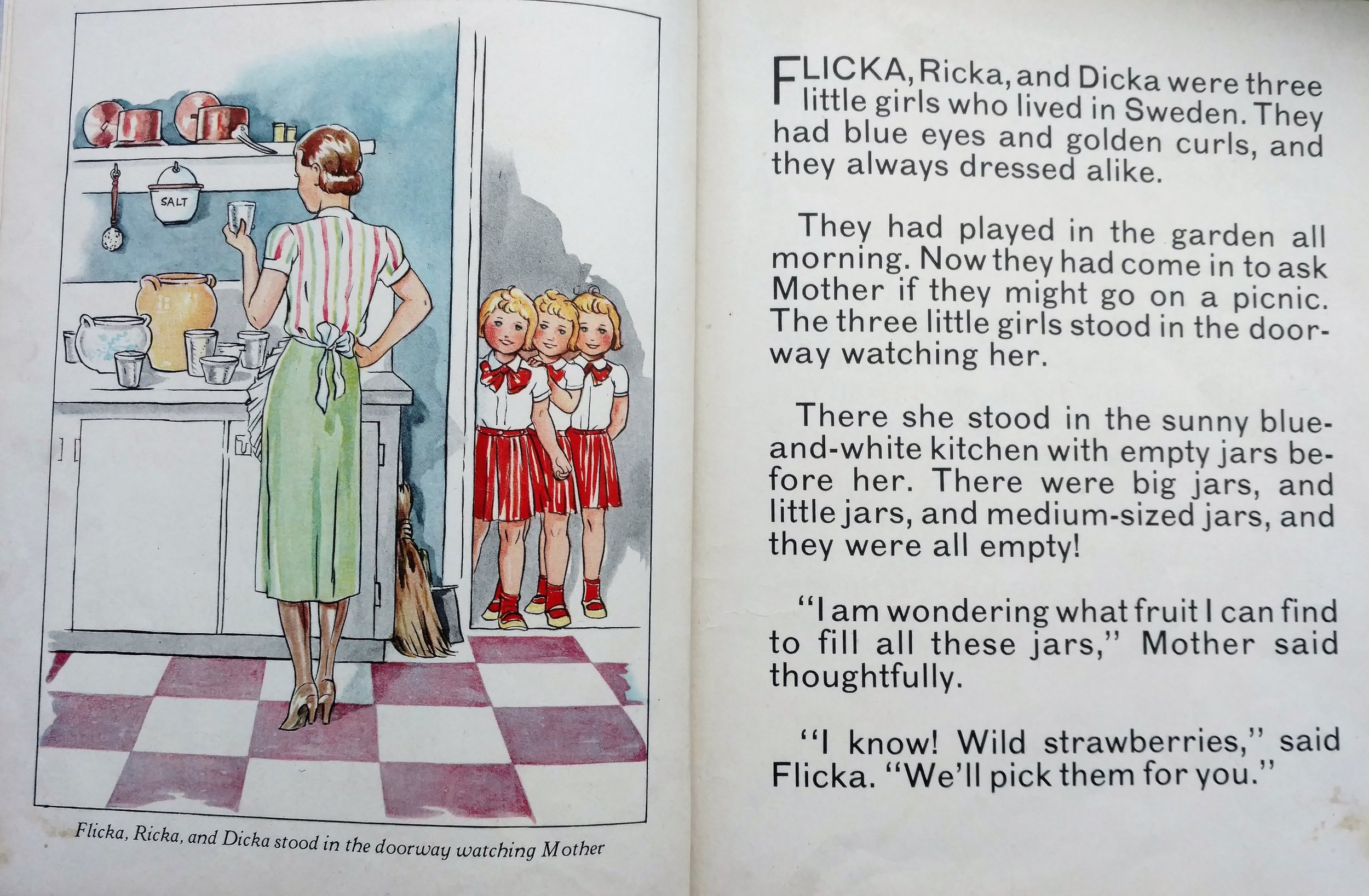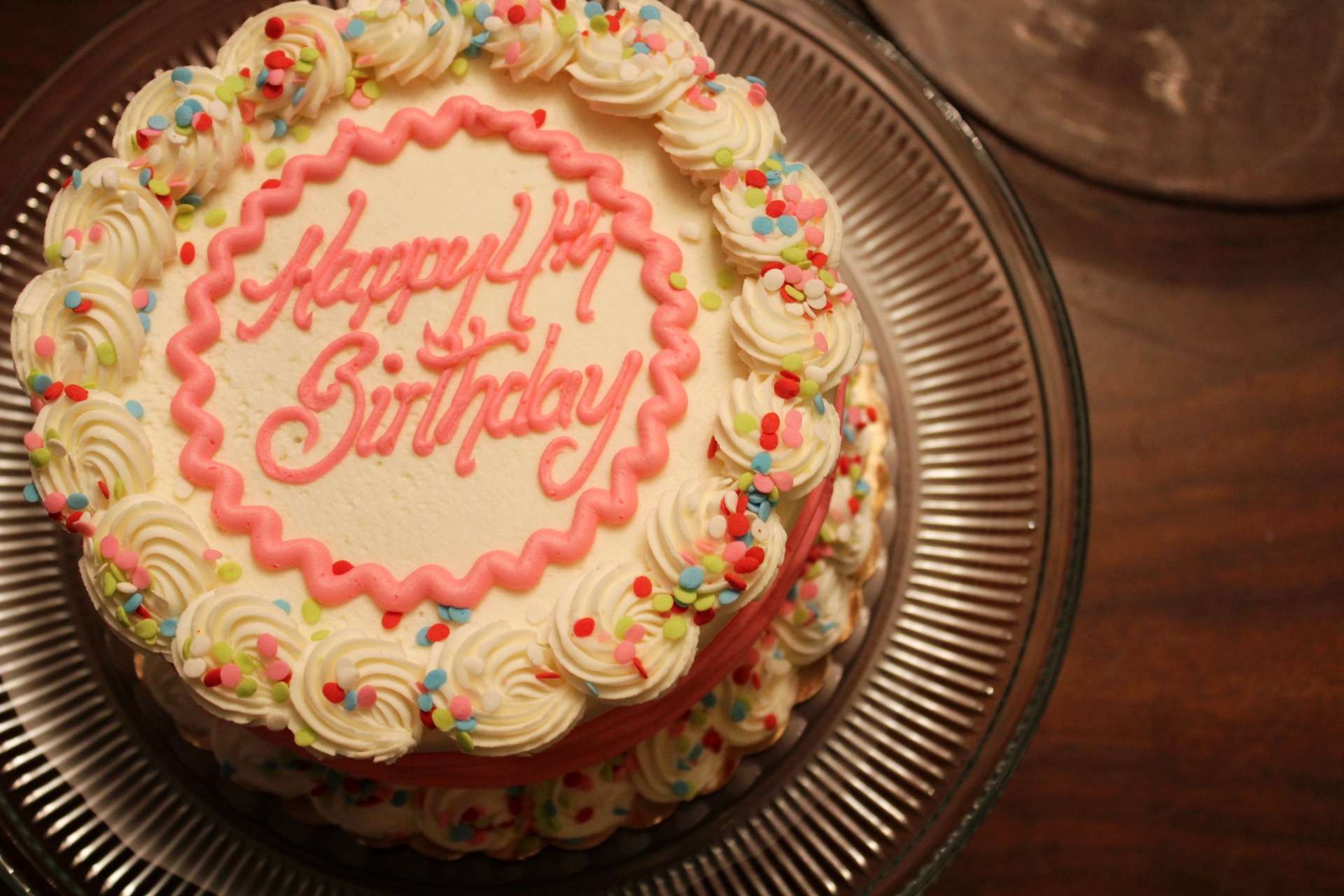Negativity slithered through our front door this fall, bringing darkness with it. We didn’t see it coming, of course, because that’s how it works.
But one day in late October, the dreariness captured my attention. How long had it been this dusky inside the house? I could hardly see the truth anymore for all the shadows.
“Not this again,” I said to no one in particular.
But I wasn’t the only one letting negativity’s gloom into our living quarters. Other family members had opened the door for it too. And we all seemed to entertain it most during our mealtimes together, venting our frustrations and irritations until the light over the table was as dim as a Minnesota morning in the fall before going off daylight savings time.
We were justified in our complaints, though, weren’t we? We were only discussing what was happening, right? There wasn’t any harm in it, was there? Facts were facts. And we could all agree there were too many hoops for Flicka to hop through in college, too many unanswered questions about Ricka’s life post-high school, too many worries about volleyball club teams for Dicka, too many schedule changes for Husband at work, and too many demands layered into my own days.
While the discussions stimulated me at first, negativity soon sucked away my energy.
Finally, I was done with it. So I resurrected an ancient solution for me—and for the family.
Gratitude.
“Here’s what’s happening,” I said one night at dinner, plunking down an old spiral notebook and pen. “We’re going to start a gratitude journal. It’ll stay right here on the table. Add to it whenever you think of something.”
I acted as scribe that first time, pointing my pen at each family member in the circle, forcing answers out of the whole lot of them until each had said something—anything.
At first, our gratefulness was staid: friends, family, volleyball, the dog. But as the days went, it broke free: Life Cereal, Dad telling his own embarrassing stories to comfort us, Dicka’s quick metabolism, God’s concept of time and money, when that car didn’t crash into Ricka in Uptown, candles, ChapStick, Flicka’s fast-growing hair, bagels, snow tires, the sun…
The concept of gratitude has existed since darkness was separated from light, and a person documenting his or her thankfulness has been around for eons too. Even so, I shared my not-so-creative-but-fresh-to-me idea of a gratitude journal with some loved ones.
Several had already tapped into the power of putting it on paper.
“It’s a life changer,” my sister said.
“It’s a game changer,” my friend said.
“It changes everything,” my neighbor said.
Hmm. So much change.
A week later, Ricka entered the house from school, her cell phone in hand. She tapped on it. “Mom, I took notes today about things I’m thankful for. Wanna hear them?”
She rattled off her list to me, and I transcribed the items into the gratitude journal. Taking a closer look, I noticed others had been in our notebook too—others beyond our family—scratching down their own notes of gratefulness.
That night at dinner, the dining room table looked different. Something had changed. I could see the food better—and my family too.
Was it just me, or was it brighter in here?
*Question for you, reader: If you started a gratitude journal today, what things/people/etc. would make your top ten?
*Miss an installment of the blog? Or want to catch the story from the beginning? Visit http://www.tamarajorell.com/blog-entries-by-date
*Names in this blog have been changed to protect my family, neighbors, and friends in the neighborhood, and in a nod of appreciation to the beloved Swedish author Maj Lindman, I’ve renamed my three blondies Flicka, Ricka, and Dicka.
























